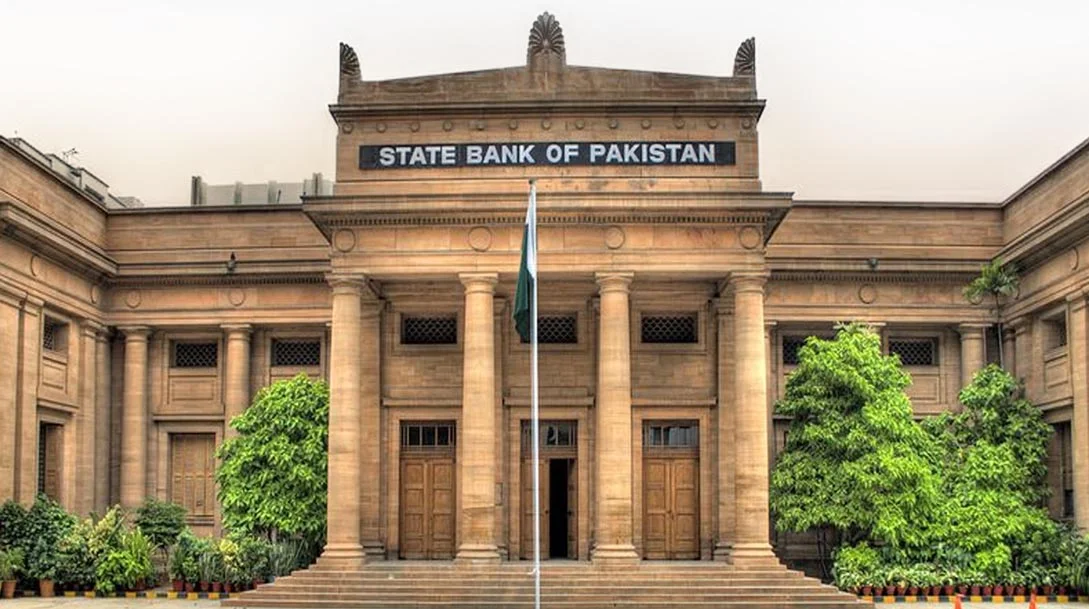The Auditor General of Pakistan has exposed financial irregularities of more than Rs. 243 billion in the State Bank of Pakistan (SBP), raising serious questions about the central bank’s governance and regulatory role. The 2022-23 audit highlights large-scale mismanagement, embezzlement, and regulatory failures.
The report shows that loans worth Rs. 59 billion issued by government-owned banks went into default, while no strict action was taken against those responsible. It further noted that SBP failed to safeguard the national exchequer and protect consumer interests on several occasions.
One of the major losses came from the printing of Rs. 75 commemorative notes for Independence Day and SBP’s anniversary. A total of 72 million notes worth Rs. 9.15 billion were printed, but public acceptance was very low, leading to a direct loss of Rs. 1.96 billion.
The audit also pointed out that an Australian dual national was appointed as Deputy Governor of the SBP against the rules. The officer was paid an annual salary of Rs. 120 million, which the report termed a violation of regulations.
In another major setback, securities were sold below purchase price, resulting in a Rs. 105 billion loss. Similarly, keeping funds with foreign managers led to a Rs. 26 billion loss instead of profits.
Small borrowers were also hit hard as they were charged 13 percent interest rates, causing an additional Rs. 12 billion burden. The report revealed further violations, including:
- Rs. 5 billion irregular loan to a private bank
- Unauthorized financing worth Rs. 2.59 billion to various institutions
- Rs. 3.81 billion in housing loans to SBP staff without clearing earlier dues
READ MORE: Audit Report Exposes Telecom Sector Violations Worth Billions
The audit found embezzlement of Rs. 63.5 million in medical stock by SBP officers, with no inquiry launched even after 16 months. It also flagged eight senior officers in the Lahore office for having dubious, unverified degrees.
The findings paint a troubling picture of weak oversight and mismanagement at the country’s central bank, sparking concerns about its role as a regulator.









